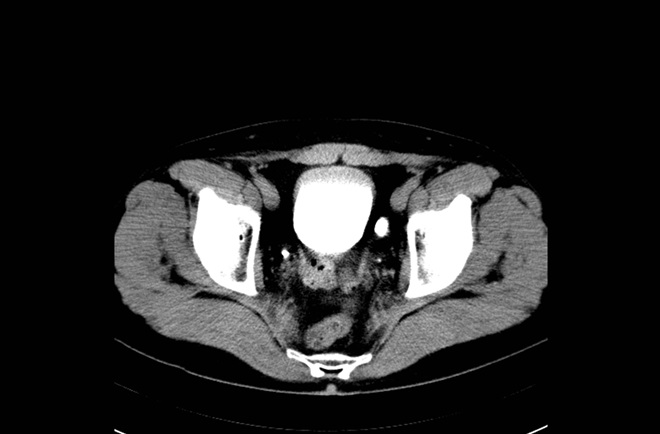AI Tool Offers Opportunistic Screening for Heart Disease Using Repurposed CT Scans
Posted on 05 Dec 2024
In the field of medical imaging, the term "opportunistic screening" refers to the repurposing of existing medical images by radiologists to diagnose illnesses beyond what the scan was originally meant to find. In yet another example of the trend in "opportunistic screening," a new study has shown how an artificial intelligence (AI) tool can be applied to computed tomography (CT) scans—initially performed to detect tumors, bleeding, or infections—to also reveal calcium buildup in arteries, a key indicator of advancing cardiovascular disease. This new discovery supports prior findings published in September in the journal Bone, where opportunistic screening was used to detect bone loss, also known as osteoporosis.
In the study presented at RSNA 2024, researchers from NYU Langone Health (New York, NY, USA) reanalyzed a large set of abdominal CT scans originally taken for various reasons. The goal was to assess a section of the aorta, the large artery that runs from the heart through the abdomen. Using this data from routine scans, the team applied AI to quantify the amount of calcium in the aorta, assign a standard score to the calcification level, and predict the likelihood of a major cardiovascular event, such as a heart attack or blockage. The study analyzed 3,662 CT scans, conducted between 2013 and 2023, from older adults who had both an abdominal scan (which captured part of the aorta) and a dedicated CT of their coronary arteries.

The researchers discovered that by measuring the calcium levels in the aorta from the abdominal scans, AI was able to predict coronary artery calcification and the risk of major cardiovascular events. This suggests that an abdominal CT scan alone could potentially be used to predict heart attacks or other cardiovascular conditions. Participants with detectable aortic calcification were found to be 2.2 times more likely to experience a major heart attack, stroke, or require procedures to restore heart blood flow within three years of monitoring. This outcome was observed in 324 of the study participants. Additionally, the study uncovered early signs of arterial calcium buildup in 29% of participants who were previously thought to have no such condition.
"Instead of relying on dedicated CT scans of coronary arteries, which are rare and not always covered by insurance, to find potentially fatal heart disease, we seek to use AI to help screen abdominal CT scans that are done for many reasons to opportunistically catch heart disease more often and earlier," said study senior investigator Miriam Bredella, MD, MBA. Bredella is the Bernard and Irene Schwartz Professor of Radiology and director of the Clinical and Translational Science Institute at NYU Grossman School of Medicine. "Our research demonstrates that opportunistic screening could help with diagnosing and treating osteoporosis in vulnerable groups who are at greater risk of the disease, in particular, the elderly and those who smoke. This work establishes the foundation for using opportunistic screening to address the lack of access to osteoporosis and heart disease prevention, as well as to screening for cancer and diabetes."













